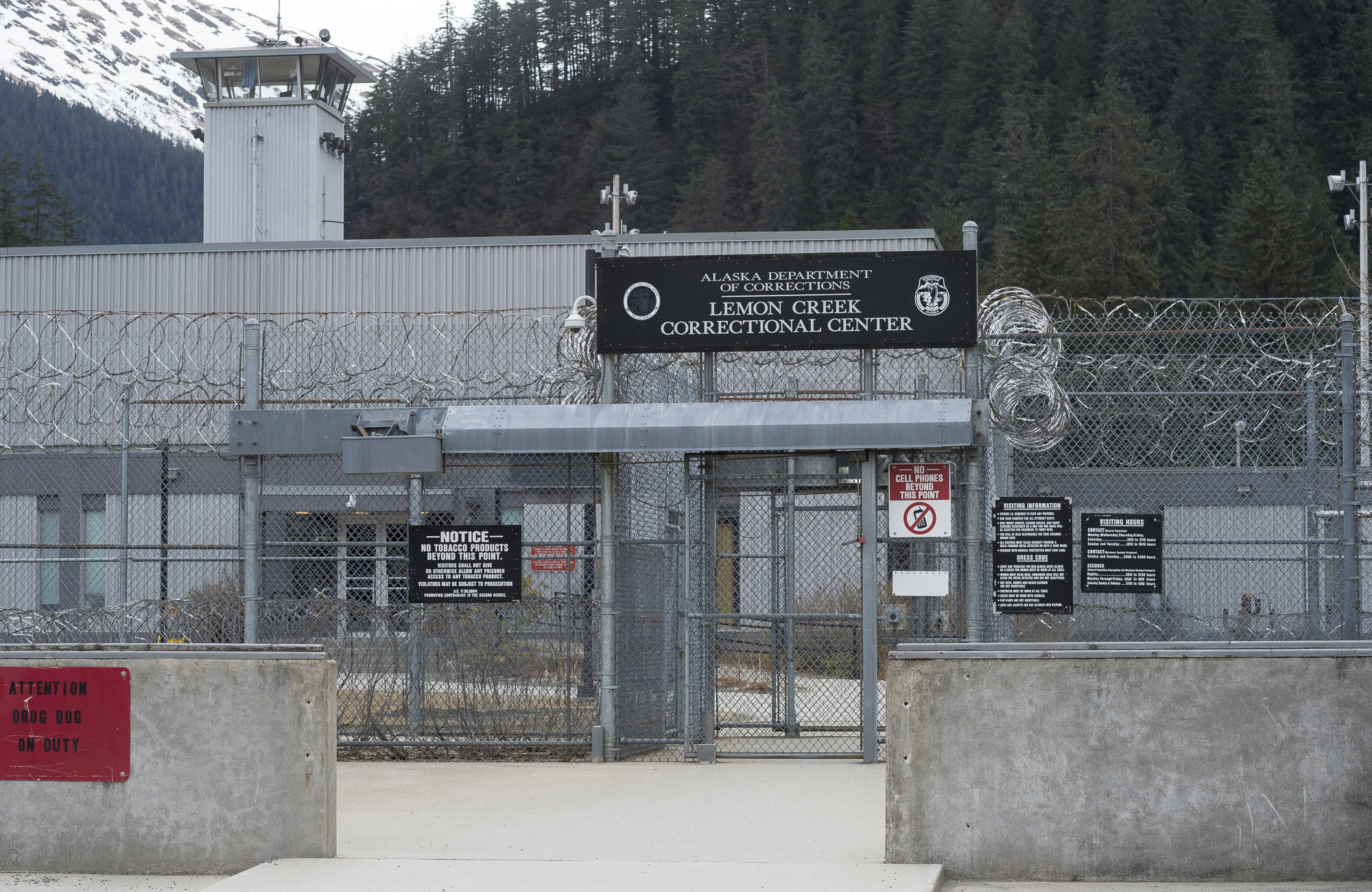Alaska recently rolled back portions of Senate Bill 91 and in the process curtailed what has been disastrous public policy advocated by a self-styled crusader from 3,500 miles away. It’s important for Alaskans to understand what just happened, lest they fall prey to attempts by carpetbaggers to manipulate state issues in the future.
Mark Levin, a professed criminal justice guru from the Texas Public Policy Foundation, pushed state lawmakers on bail reform legislation that ceded judges’ authority to determine who is eligible for bail and conditions of release to an unelected and unaccountable computer program. Indeed, when the faceless program decided someone should be released, the role of judges in Alaska became tantamount to spectators watching the game from the bench. The move tied the hands of judges, according to reports from various news outlets.
Gov. Bill Walker originally signed SB 91 to reverse this dangerous policy. He agreed when asked by a reporter if he thought the mandatory release component of the law went too far. When further questioned if a computer program should be allowed to force mandatory release in favor of limiting judicial discretion, Walker said, “Some tools had to be given back to the judges — it was clear that was going to be necessary.”
Like a snake oil salesman, Levin has been peddling algorithmic justice around the country. In the process, he has laid out outlandish claims in his crusade to rationalize computerized justice. In attempting to provide “additional facts” to Alaskans to help them understand the issues, he has self-immolated. Levin’s efforts have resulted in this bit of bad legislation going from “broad support to bipartisan backpedaling,” according to local media.
So what went wrong with the notion of a new algorithmic utopia? State Attorney General Jahna Lindemuth made it pretty clear — it doesn’t work, saying, “We’ve been hearing a lot from Alaskans about their cabins, cars, shops and homes being broken into. People feel scared and that fear is warranted.”
There has been a great deal of coverage of how the son of Sen. Shelly Hughes was a victim of a crime perpetrated by a person with a lengthy rap sheet and released on a “get out of a jail free card.” When Hughes, an original supporter of SB 91, reversed her position, she made a point to say that she was given “false information about SB 91, including that Texas had implemented similar reform first.”
To set the record straight, Texas has not implemented statewide risk assessment. In fact, when the Texas legislature debated the merits of Levin’s bail reform ideas, he encouraged them to follow the lead of Alaska. To illustrate the depths of Levin’s disingenuousness, his subsequent oped in the Anchorage Daily News, published last October, carried the extremely misleading title “Texas Experience Makes It Clear: Alaska Should Give SB 91 Time to Work.” This was after Texas had already rejected the nearly identical bill.
Levin’s attempted manipulation of Alaska is a dangerous embarrassment because he couldn’t convince his home state to implement the very bail risk assessment algorithm he championed in Alaska. In fact, the nonprofit Texas Alliance for Safe Communities issued a statement this past month in which it concluded that Alaska’s catch-and-release bail reform had created a public safety crisis.
When it comes to their own best interests, Alaskans should listen to other Alaskans — not interlopers from other states like Levin, armed with a failed computer algorithm model that is coming under increasing criticism from community groups and sociologists from universities alike.
It is ironic that Texas is now looking to Alaska as an example of what not to do. Mandatory computerized justice represents a truly epic failure encompassing two states. Let it also serve as a cautionary tale for the future.
• Jeffrey J. Clayton is the executive director of the American Bail Coalition.

